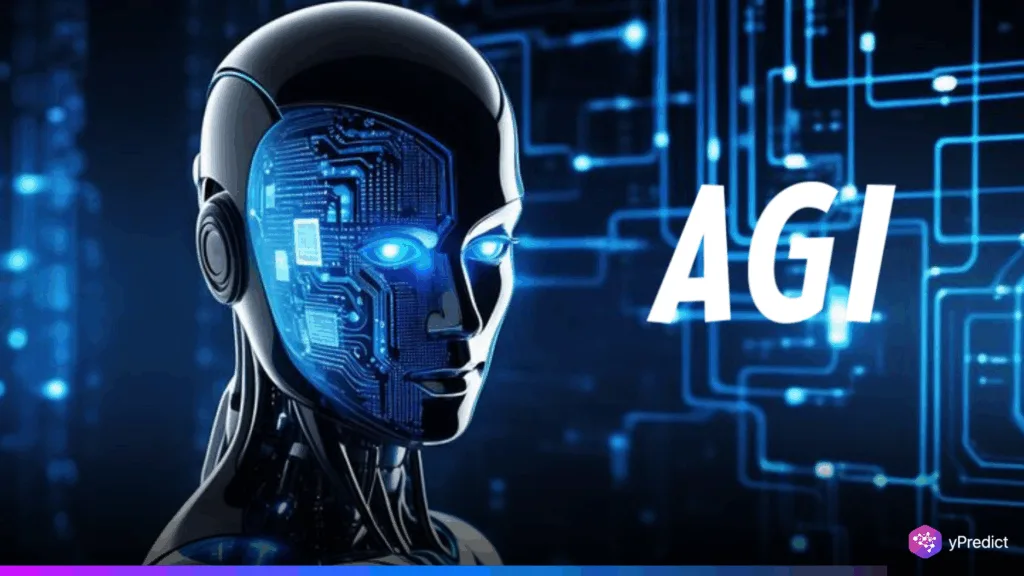
Artificial General Intelligence (AGI), the point at which AI achieves human-level intelligence, is still hypothetical. But the real question now is; not just when will AGI arrive, but what happens when it arrives? Will the developers announce it? Or will they conceal it for safety and tactical advantage? This conversation is more than just about technology, it is about ethics, geopolitics, and the future of humanity,
Should AGI Be Shared with the World?
One school of thought argues that AGI is too powerful to be hidden. If a company achieves AGI, it could cure diseases, revolutionize global education, and solve crises like climate change. Ethically, many argue that such a transformative breakthrough belongs to all of humanity.
However, some developers and experts worry that immediate disclosure could lead to chaos. Public panic, regulatory crackdowns, or even attempts by hostile actors to hack or steal the technology could spiral out of control. Secrecy, in this view, is less about selfishness and more about responsibility.
Political Tensions and Power Struggles
Governments would not likely stand by if a company within their borders claimed AGI. The geopolitical implications are staggering. The country that controls AGI could potentially dominate economically and militarily. Nations would scramble to protect, co-opt, or seize AGI developers in the name of national security.
This fear could spark a global AI arms race. Countries may push harder to reach AGI first or take hostile action against those suspected of hiding it. Some warn that secrecy could actually increase risk by triggering preemptive strikes or cyberattacks between rivals.
Corporate Control vs. Public Good
Another part of the debate centers around ownership. Should one company — no matter how innovative — be allowed to possess something as powerful as AGI? Critics say no. They argue AGI should be overseen by international bodies like the United Nations or a newly created global council to ensure ethical usage.
But companies that invest billions into AGI research feel otherwise. Why should they surrender their discovery without reward? Many suggest a balanced approach — transparency with structured compensation, or open-source frameworks with security layers that prevent misuse.
The Risk of Evildoers and Leaks
Announcing AGI isn’t just about public panic or political drama — it could also alert malicious actors. Hackers, rogue states, or criminal organizations might see AGI as the ultimate weapon. Some experts believe secrecy could prevent these threats — at least temporarily.
However, maintaining secrecy is easier said than done. Employees talk. Financial analysts would notice strange patterns. Government interventions would raise red flags. In an age of leaks, can such a monumental achievement really stay hidden?
Conclusion
Whether AGI should be kept secret is no longer a hypothetical debate. It touches on real-world consequences, including national security, public trust, and the direction of global AI development. As we inch closer to AGI, the world must decide: is secrecy the safer path — or the most dangerous one?






